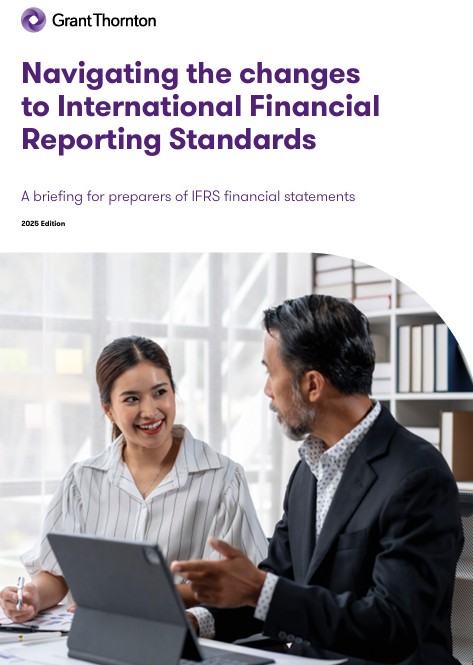-
Supply Chain and Operation Services
An optimised and resilient supply chain is essential for success in an ever-evolving business landscape
-
Business risk services
The relationship between a company and its auditor has changed. Organisations must understand and manage risk and seek an appropriate balance between risk and opportunities.
-
Marketing and Client Service
We offer strategy, client service, digital and insight solutions to businesses that are shaping the future across the Middle East.
-
Forensic services
At Grant Thornton, we have a wealth of knowledge in forensic services and can support you with issues such as dispute resolution, fraud and insurance claims.
-
Transaction Advisory
Globalisation and company growth ambitions are driving an increase in transactions activity worldwide. We work with entrepreneurial businesses in the mid-market to help them assess the true commercial potential of their planned acquisition and understand how the purchase might serve their longer-term strategic goals.
-
Growth services
We have designed and developed growth services to support your business at each phase of its growth. So whether you are an SME that has just set up or a large business wishing to expand, at Grant Thornton we will help you unlock your potential for growth.

-
IFRS
At Grant Thornton, our IFRS advisers can help you navigate the complexity of financial reporting.
-
Audit quality monitoring
Having a robust process of quality control is one of the most effective ways to guarantee we deliver high-quality services to our clients.
-
Global audit technology
We apply our global audit methodology through an integrated set of software tools known as the Voyager suite.

The 2025 edition of this publication has been updated for changes to International Financial Reporting Standards (IFRS) that have been published between 1 January 2024 and 31 December 2024.
The publication will help you complete annual financial statements for 31 March 2024, 30 June 2024, 30 September 2024, 31 December 2024 and 31 March 2025 year ends.
How to use the publication
The effective dates table lists all the changes covered in the publication and their effective dates. It has been colour coded in the PDF to help entities planning for a specific financial reporting year end, and identifies:
- changes mandatorily effective for the first time
- changes not yet effective
- changes already in effect.
Where a change is not yet mandatorily effective for a particular year end, it may still be possible for an entity to adopt it early (depending on local legislation and the ability to be able to fully comply with all the requirements).
Where a change has been made but an entity is yet to apply it, certain disclosures are required to be made under IAS 8 ‘Accounting Policies, Changes in Accounting Estimates and Errors’.
Disclosures required include:
- the fact that the new or amended Standard or Interpretation has been issued but it has not yet been applied
- any known or reasonably estimable information relevant to assessing its possible impact on the financial statements in the period of initial application.
Identifying the commercial significance of the changes in the publication
For each change covered in the publication, we have included a box on its commercial implications. These sections focus on two questions:
- how many entities will be affected?
- what will be the impact on affected entities?
A traffic light system indicates our assessment of the answers to these questions.

Navigating the changes to IFRS 2025
An overview of the changes to IFRS Accounting Standards in the last year

